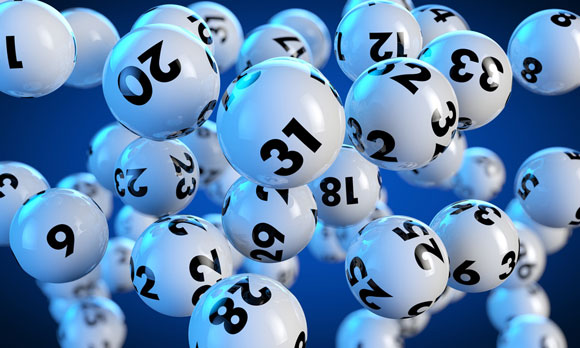Lotteries have fascinated people across the globe for centuries. They offer a tantalizing blend of hope and randomness, a chance to transform one’s life with a single ticket. From ancient civilizations to modern megastates, lotteries have played a unique role in society, reflecting cultural values, economic conditions, and human psychology Alexistogel. This article explores the origins, evolution, and impact of lotteries, revealing their significance beyond mere gambling.
Historical Roots
The concept of the lottery can be traced back to ancient civilizations. In China, the earliest known form of a lottery was the “Keno” game, which dates back to the Han Dynasty (205–187 BC). This game was used to raise funds for major state projects, such as the Great Wall of China. Similarly, ancient Romans organized lotteries for entertainment during their feasts and celebrations, where the prizes were often items and goods rather than cash.
In Europe, lotteries became more structured during the Renaissance. The first recorded lottery in Europe was held in 1569 in the Netherlands, and the proceeds funded public works and charitable causes. By the 17th century, lotteries were widespread in Europe, with many governments using them to raise money for public projects and debts.
The Lottery’s Modern Transformation
The modern lottery, as we know it, began to take shape in the 20th century. The introduction of state-run lotteries in the United States marked a significant shift. In 1964, New Hampshire launched the first legal state lottery, sparking a wave of similar initiatives across the country. This was driven by a need for alternative revenue sources, as states faced financial pressures.
One of the most notable developments in modern lotteries was the creation of multi-state lotteries. The Powerball, introduced in 1992, and Mega Millions, launched in 1996, revolutionized the lottery landscape by offering enormous jackpots that could reach into the hundreds of millions of dollars. These games became cultural phenomena, creating a new kind of excitement and anticipation.
Cultural and Economic Impacts
Lotteries have had profound effects on society. Culturally, they symbolize the intersection of chance and hope. For many, buying a lottery ticket is not just about the possibility of winning money but also about participating in a shared dream of sudden wealth. The anticipation of a lottery draw creates a sense of community and collective excitement.
Economically, lotteries have been both praised and criticized. On one hand, they generate significant revenue for governments, often earmarked for public services such as education, infrastructure, and health care. For instance, in 2022, the global lottery industry generated approximately $350 billion in sales, with substantial portions directed toward public causes.
On the other hand, critics argue that lotteries disproportionately affect low-income individuals. The regressive nature of lottery revenue means that people with fewer financial resources spend a higher percentage of their income on tickets compared to wealthier individuals. This has led to concerns about lotteries being a form of “voluntary taxation” that exploits the hopes of the economically disadvantaged.
Ethical and Social Considerations
The ethical implications of lotteries are complex. While they can fund important public services, there is an ongoing debate about their role in encouraging gambling behavior. Some argue that the allure of large jackpots can lead to compulsive gambling, which has serious social and psychological consequences.
Moreover, the lottery industry’s marketing strategies often target vulnerable populations, capitalizing on the dream of instant wealth. This has led to calls for stricter regulations and responsible gaming measures to protect individuals from potential harm.
The Future of Lotteries
As technology evolves, so does the lottery industry. Online lotteries and mobile apps have made it easier for people to participate in lotteries from anywhere in the world. This digital shift offers new opportunities for revenue and engagement but also raises concerns about security and accessibility.
Looking ahead, the future of lotteries will likely involve greater integration with digital platforms, enhanced transparency, and more focus on responsible gaming. As society continues to grapple with the ethical dimensions of gambling, the lottery industry will need to balance its role in generating revenue with its social responsibilities.
